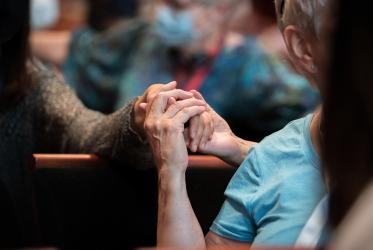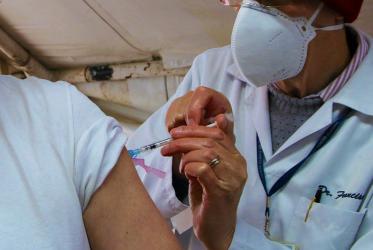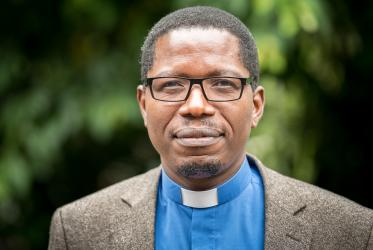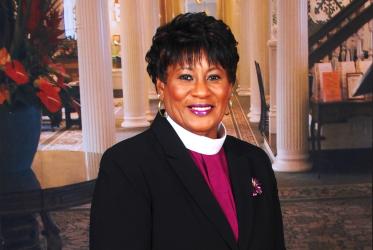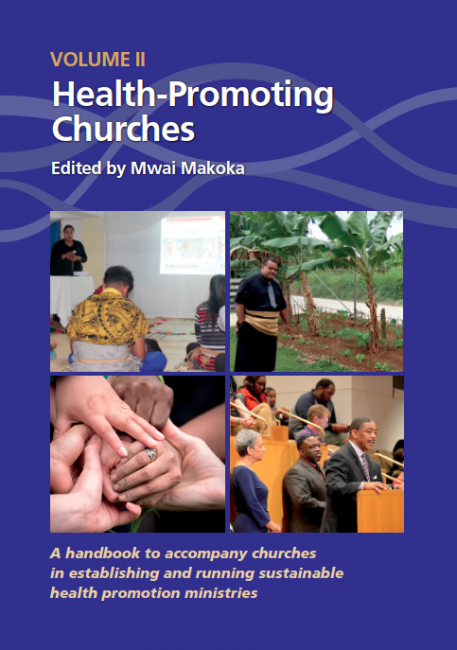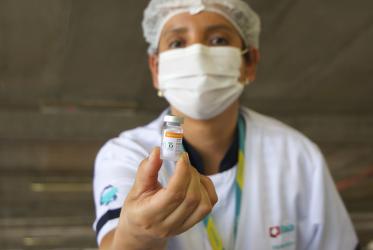Displaying 1 - 20 of 27
17 April 2024
Pandemic and pedagogy: what are the valuable lessons?
21 December 2022
Health-Promoting Churches Volume II:
A handbook to accompany churches in establishing and running sustainable health promotion ministries
28 April 2021
WCC answers your questions about vaccines
26 April 2021









